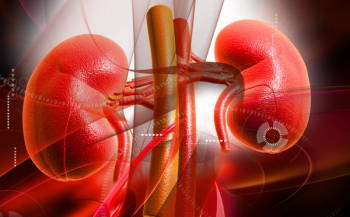
Finerenone is a first in class nonsteroidal mineralocorticoid receptor antagonist indicated in adults with chronic kidney disease associated with type 2 diabetes mellitus.

Finerenone is a first in class nonsteroidal mineralocorticoid receptor antagonist indicated in adults with chronic kidney disease associated with type 2 diabetes mellitus.

Clostridioides difficile infection can have a significant impact on feelings of depression and anxiety, while worsening quality of life.
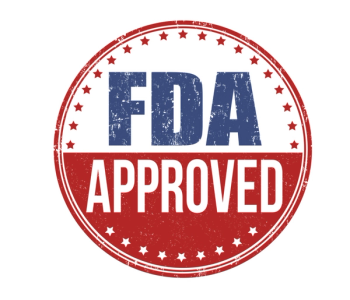
Liquid formulations of dabrafenib plus trametinib were also approved, marking the first time a BRAF/MEK inhibitor has been developed in a formulation suitable for patients as young as 1 year of age.

Indya Wilson, MBA, CPhT, a pharmacy education support specialist at Novant Health Pharmacy Administration, discusses her role in the pharmacy and the benefits of alternative career paths for pharmacy technicians.

MenABCWY combination meets all 11 primary endpoints and shows that it is well tolerated, with a safety profile consistent with MenACWY (Menveo) and MenB (Bexsero).

The risk of long COVID-19 was no worse for patients who had Omicron after the wild-type virus than those just diagnosed with the wild-type.

Continued advancements in therapy may expand its use to larger patient population, though challenges remain

At 1 year, patients receiving chemotherapy regimens containing anthracyclines for lymphoma who took statins had an average ejection fraction that was 1.3% higher than those who took placebo.

Carlene Link, PharmD, BCPS, a clinical pharmacist, discusses career wellness.

Navigating insurance presents a challenge, but pharmacists improve stakeholder access and provide in-home care.

Trastuzumab deruxtecan was approved by the FDA for HER2-low breast cancer treatment in 2022 and could also benefit some patients with hormone receptor-positive or triple-negative disease.

Providers who are sensitive to health literacy have contributed to positive quality improvement across various institutions.
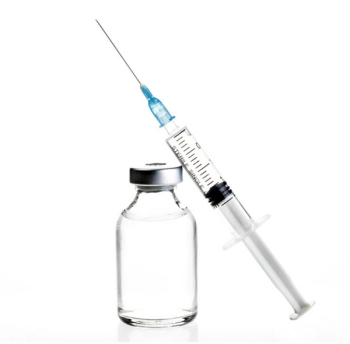
Among the participants who were initially unsure or hesitant about vaccination, 82% received flu and Tdap vaccines during pregnancy after the online intervention.
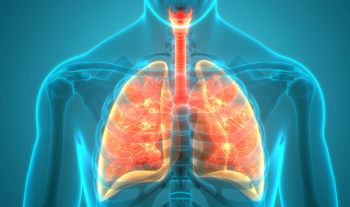
Osimertinib (Tagrisso; AstraZeneca) now has shown a statistically significant and clinically meaningful overall survival benefit in both the early adjuvant and late-stage metastatic settings.

Without a constitutional right to abortion, mail order pharmacy providers need to consider both the federal requirements and various state laws in how they approach the dispensing of mifepristone across state lines.

Rivaroxaban and aspirin results in a 33% reduction in major adverse limb events both early and late following lower extremity revascularization.

Trastuzumab deruxtecan from AstraZeneca and Daiichi Sankyo meets prespecified criteria for duration of response and objective response rate.

The changes, which will be effective January 1, 2024, include pre-filled pens, vials of basal, vials of bolus, and pre-mix insulins.

When choosing an appropriate system, pharmacists must consider all data, as not all CSTDs are equally effective.

Study includes healthy individuals and those who had progressive multiple sclerosis with the nasally administered treatment.

The fourth dose of the bivalent vaccine elicited improved Omicron BA.4/BA.5-neutralizing antibody responses compared to participants who received 3 doses of the original vaccine.
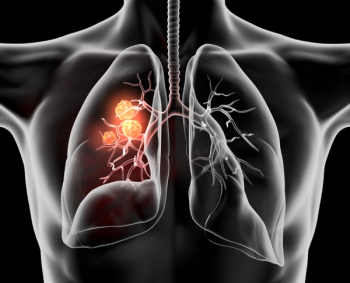
Adding durvalumab to neoadjuvant chemotherapy to treat resectable early-stage non–small cell lung cancer did not increase complications and adverse events or comprise patients’ ability to undergo surgery versus chemotherapy alone.

Perceived stress and cognitive performance are independently associated. Stress can also increase the risk of worsening cognition.

Furosemide exhibits diuretic action by inhibiting sodium and chloride reabsorption in the proximal and distal tubules and the loop of Henle.

Pharmacists should continue to seek out opportunities to be involved in family medicine and chronic disease state management to make meaningful impacts on care.

Find nontraditional financing streams, identify optimal learning materials to dive into this growing space.

Pharmacists are the best resource at cancer center practices to ensure patients with cancer do not need to make the choice to stop or delay therapy due to financial reasons.

Patients with diabetes who followed a plant-based, low-carbohydrate diet and participated in healthy lifestyle habits experienced the most health benefits.

Eli Lilly treatment targets soluble amyloid beta and did not clear plaque or halt accumulation of amyloid in individuals treated with the drug in the A4 study.
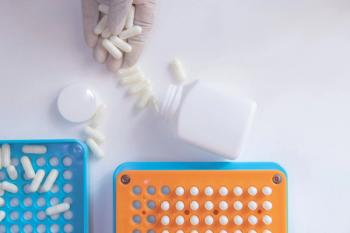
Hannah Nivens, CPhT, a pharmacy distribution specialist at Novant Health Pharmacy Administration, discusses pharmacy distribution for pharmacy technicians.